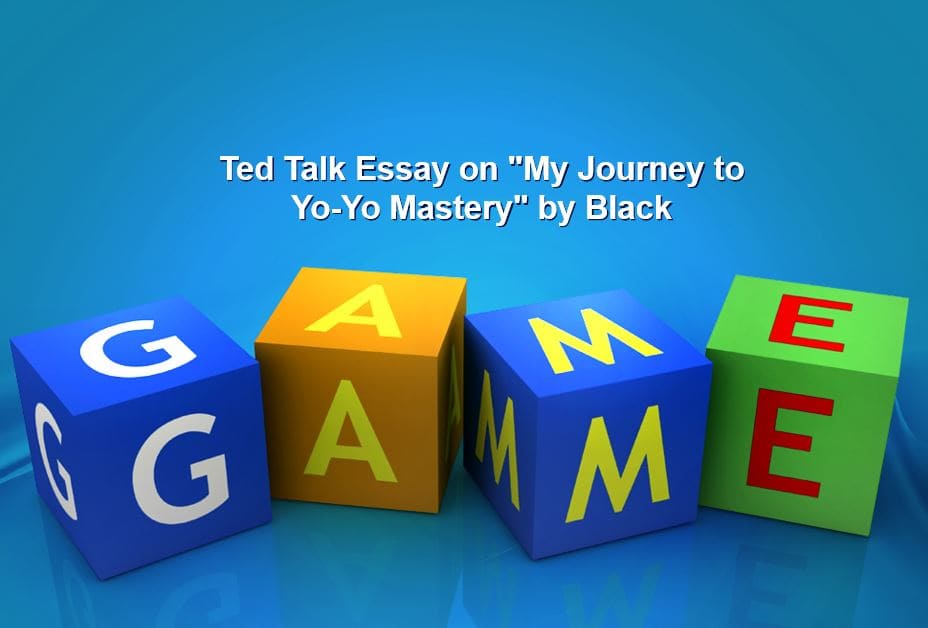Introduction
Getting adequate sleep is vital in enhancing the functioning of the brain. Sleep deprivation negatively impacts cognitive performance in several ways. A well-crafted 500 word essay example often highlights such effects in detail, making it an insightful read. Total sleep deprivation (TSD) happens when a person does not sleep for a period of time, for instance, a whole night. Partial sleep deprivation occurs when one has restricted sleep, like sleeping for a few hours less than they normally do each day. Sleep deprivation negatively impacts cognitive performance by causing impaired arithmetic ability, difficulties in recalling words, poor working memory, low alertness levels, higher reaction time, more lapses, and source memory issues.
Arithmetic Ability and Working Memory
Sleep deprivation leads to problems in doing arithmetic tests and recalling words and impairs the functioning of the working memory. Firstly, studies show that sleep deprivation causes people to have lower arithmetic ability (Holding et al., 2021, p. 5). Those who are deprived of sleep will have problems paying attention and will make more mistakes when doing arithmetic tests. Sleep deprivation will negatively affect episodic memory, specifically by causing people to have higher chances of misremembering words (Holding et al., 2021, p. 6). These persons will be more likely to remember words incorrectly. Lastly, working memory will also be affected as people will be more likely to make mistakes (Holding et al., 2021, p. 6). The part of the brain that is vulnerable to sleep deprivation holds information temporarily, while sleep is needed to store the information from short-term to long-term memory. These effects of sleep deprivation show that it negatively impacts cognitive performance.

Psychomotor Vigilance, Reaction Time, and Lapses
Sleep deprivation limits alertness levels and increases reaction time and lapses. TSD lasting for between 32 and 62 hours is associated with a notable decrease in psychomotor vigilance performance (Griggs et al., 2021, p. 6). It causes people to have difficulties staying alert and leads to changes in their response to stimuli. In particular, sleep deprivation is associated with an increase in reaction time (Griggs et al., 2021, p. 7). People take much longer to react to stimuli than they would if they do not experience sleep deprivation. Lastly, those who do not get enough sleep are more likely to experience lapses (Griggs et al., 2021, p. 7). They will report cases of losing concentration, judgment, or other cognitive functions. Thus, sleep deprivation influences the ability to stay vigilant and respond to stimuli.
Source Memory
TSD has been found to negatively affect source memory, particularly linking items to their context. In one study, participants experiencing TSD had more difficulties in accurately encoding items in memory and linking them to their sources (Kurinec et al., 2021, p. 8). This finding shows that TSD causes cognitive impairment. In cases when the participants could accurately recall specific items, their ability to remember their sources was negatively impacted by TSD (Kurinec et al., 2021, p. 8). Thus, sleep deprivation causes difficulties for people in linking items to their contexts. TSD causes a low ability to develop new episodic memories for recalling information about specific items or past and recent events (Kurinec et al., 2021, p. 8). The regions in the memory for processing such information are negatively affected by lack of sleep. Therefore, TSD negatively affects the functioning of source memory.
Conclusion
Sleep deprivation causes poor cognitive performance because it causes people to have more difficulties in doing arithmetic tests, remembering words, and staying vigilant while having a higher reaction time, more lapses, and poorer working and source memories. For this reason, sleep deprivation should be avoided as it increases the chances of people making mistakes at work or even causing accidents. The impact of factors, such as age, exercise, and profession, should be considered when studying the topic.
References
Griggs, S., Harper, A., & Hickman, R. L. (2021). A systematic review of sleep deprivation and neurobehavioral function in young adults. Applied Nursing Research, 63, 1–22. https://doi.org/10.1016/j.apnr.2021.151552
Holding, B. C., Ingre, M., Petrovic, P., Sundelin, T., & Axelsson, J. (2021). Quantifying cognitive impairment after sleep deprivation at different times of day: A proof of concept using ultra-short smartphone-based tests. Frontiers in Behavioral Neuroscience, 15, 1–15. https://doi.org/10.3389/fnbeh.2021.666146
Kurinec, C. A., Whitney, P., Hinson, J. M., Hansen, D. A., & Van Dongen, H. P. A. (2021). Sleep deprivation impairs binding of information with its context. Sleep, 44(8), 1-14. https://doi.org/10.1093/sleep/zsab113


